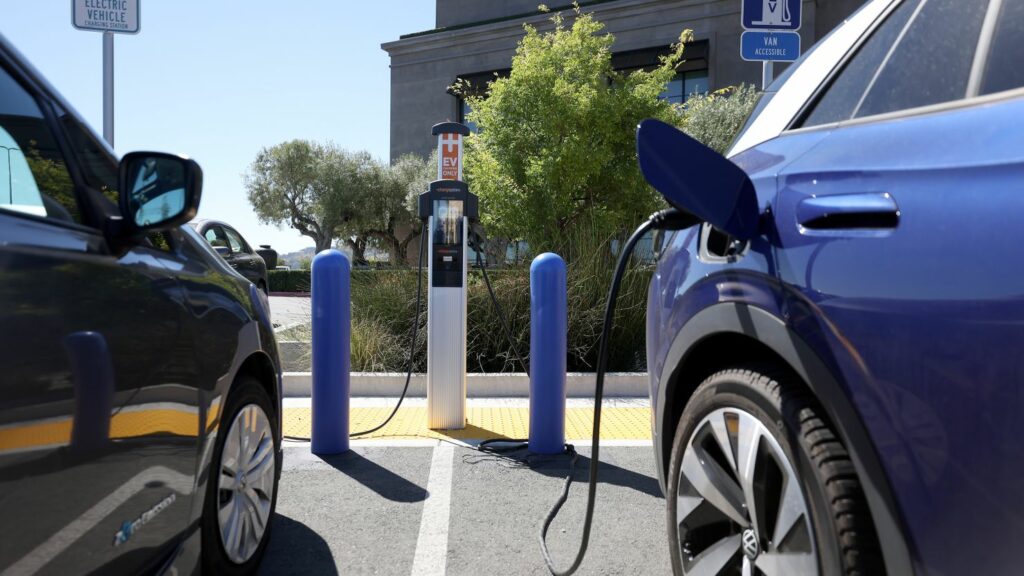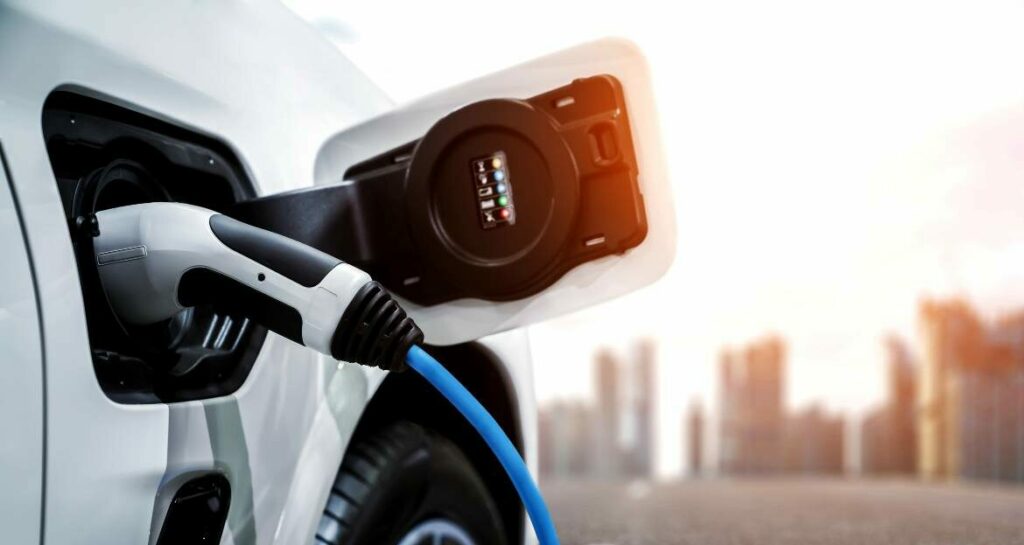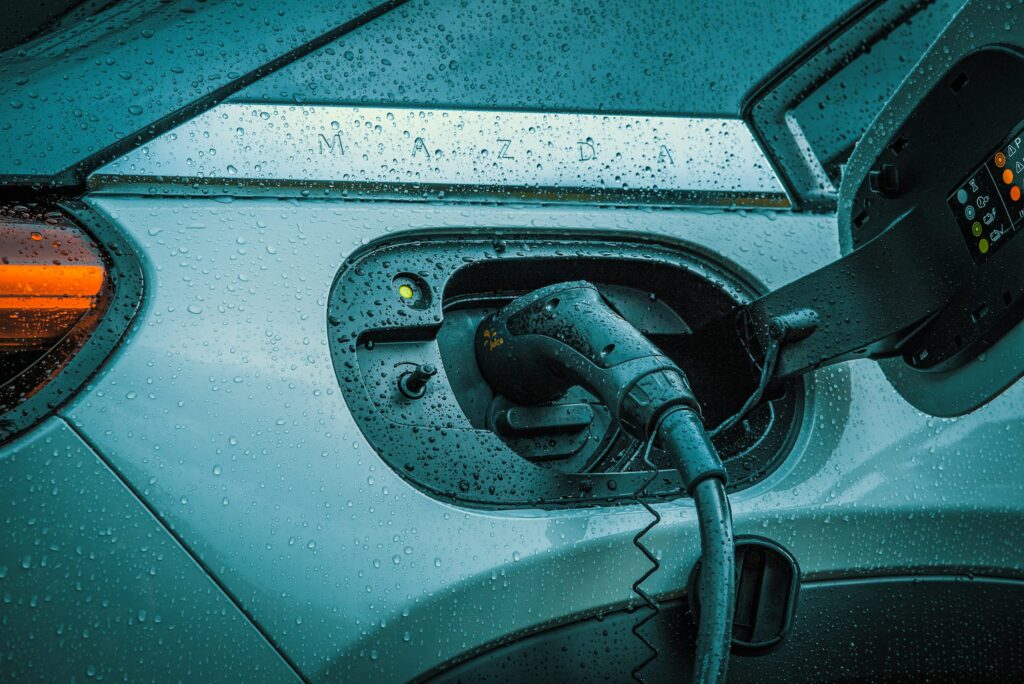In The Australian Bjorn Lomborg warns that electric cars aren’t all they’re cracked up to be. For starters, the idea that they’ve gone what we used to call viral is wrong. They account for fewer than 0.3% of cars worldwide. For stoppers, it’s a good thing because they’re bad for the environment. Including GHG emissions. So when we’re doing this famous rethinking of how we’re arranging our affairs in the face of various catastrophes, let’s reconsider believing the sales hype instead of checking under the hood.
Among other things, Lomborg points out that “electric cars are often playthings for rich people. One US study shows the richest quarter of people receive almost all the public money spent on electric car subsidies.” And playthings might be an especially appropriate term since “electric cars in the US are driven fewer kilometres on average each year than conventional vehicles: 11,200km compared with 16,400km for petrol and diesel-powered vehicles.” Indeed 9 out of 10 households with an electric car also have a conventional one, and drive the former to be seen and the latter when it matters.
Oh well. If they can afford them why not? Unfortunately according to Lomborg the answer is that they’re sending out smoke signals not virtuous ones. It’s not just that the “clean” electricity they use has to be generated somewhere, often by fossil fuels, calling to mind Orwell’s jibe about people who are somewhere else when the trigger is pulled. Only this time it’s on a fuel pump. (Or in China a coal plant, meaning electric cars actually emit more real pollution of the sort that blankets Chinese cities in smog once you take the full production cycle into account instead of assuming the cars and the electricity just drop from the sky, along with the subsidies rich people pocket.) It’s that electric cars require more energy to manufacture than conventional ones, especially their batteries. Lomborg cites one International Energy Agency study saying you have to drive an electric car at least 60,000 km just to pay off the higher carbon cost of manufacture.
If people want them, he doesn’t mind. But his bottom line should be ours too: “Today, electric cars are simply expensive gadgets heavily subsidised for the wealthy to feel good while doing very little for the planet.” So lose the subsidy… and the smirk.



Your readers should have a look at "Clean Renewable energy is neither", at http://www.renewamerica.com/columns/fischer/200303 The damage to the environment to make millions of 500kg rechargeable car batteries using exotic rare minerals and with a limited life span, which have to be charged with huge amounts of electrical energy from somewhere (and have to be disposed of), is an infinitely bigger risk to the planet than clean-burning hydrocarbon powered vehicles. What planet are those greenies on?